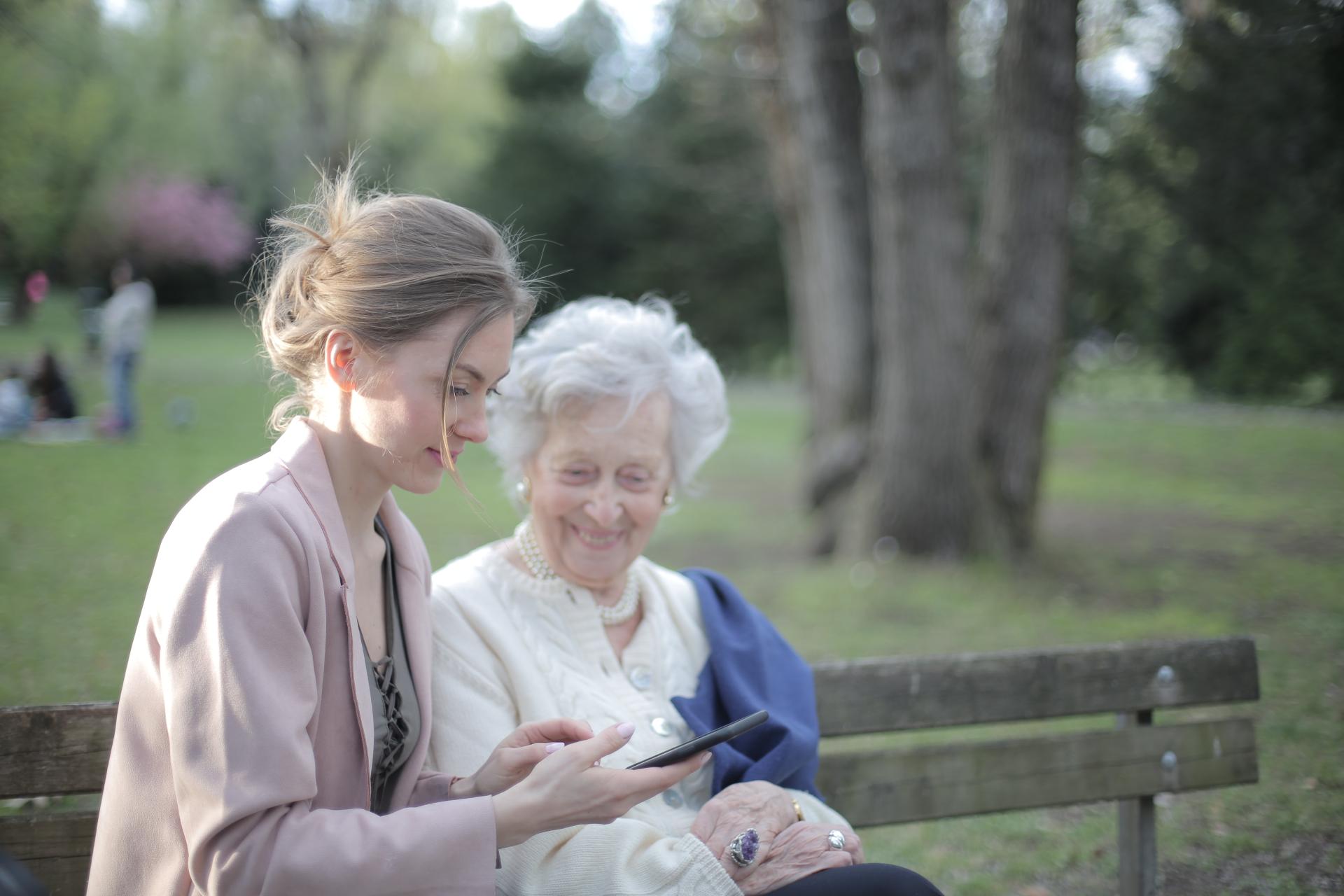
- June 14 2022
- Wellness
Aged care acronyms explained
Have you been looking for an aged care home for your loved one, but keep stumbling across acronyms you don’t understand?
At HillView Care we know moving a loved family member into aged care is already an emotionally charged experience, without the challenges of understanding industry jargon.
To make it easier to navigate your aged care options, here’s a list of common acronyms and their meanings.
MAC – My Aged Care
My Aged Care (MAC) is your starting point for accessing Australian Government-funded aged care services for your loved one. You can access My Aged Care online, by phone or in person.
Through My Aged Care you can find information on the aged care services available, receive a needs assessment to find out your loved one’s eligibility and the type of care they require, referrals to support services and information on what needs to be paid towards the cost of your loved ones care.
ACAT – Aged Care Assessment Team
The acronym ‘ACAT’ stands for Aged Care Assessment Teams. ACAT’s role is to determine the type of care elderly people need. ACAT is made up of doctors, nurses and social workers who can assess and make recommendations for the best type of care package you or your loved one needs.
Learn more about ACAT and how it works.
ACCR – Aged Care Client Record
ACCR is the Aged Care Client Record. This is the form ACAT will use after your loved ones aged care assessment. The form includes information about the assessment and approval for moving into an aged care home.
ACFI – Aged Care Funding Instrument
At some point you may come across ACFI, which was introduced back in 2008 to allocate Australian Government subsidies to aged care homes. It’s based on the individual assessed care needs of people living in the aged care home.

TCP – Transition Care Program
This is a term you may hear if your loved one has had to stay in hospital for a period of time.
The Transition Care Program is designed to help elderly people recover after a hospital stay. TCP provides short-term care for up to 12 weeks, in an aged care home, a person’s home, the community or a mix of all these options.
RAC – Refundable Accommodation Contribution
This fee is payable when entering aged care and applicable whether your loved one is fully or partially supported. The fee amount is based upon the asset assessment.
Types of permanent aged care residents (as per assets):
Supported resident – Aged care residents with assets below $52,500.
Partially supported resident – Aged care residents with assets between $52,500 and $178,839.20.
*these amounts may change in accordance with the Australian Government.
RAD – Refundable Accommodation Deposit
This is the fee payable when entering aged care if your loved one isn’t considered supported or partially supported. This fee is refunded when your loved one leaves the home.
DAP – Daily Accommodation Payment
The Daily Accommodation Payment is only applicable if your loved one isn’t considered supported or partially supported. It applies to residents who choose not to pay the RAD lump sum and is the RAD payment divided into a daily amount.
DAC – Daily Accommodation Contribution
This contribution will be applicable if your loved one is considered fully or partially supported. It applies if your loved one doesn’t pay the RAC as a lump sum. The Contribution is divided into periodic payments with an interest rate set by the Department of Social Services.
NRCP – National Respite for Carers Program
If you and your loved one are using aged care for respite, you may see the acronym NRCP, or the National Respite for Carers Program.
This program aims to contribute to support and maintain the relationships between carers and care recipients, sharing information, access to respite care and other information and services available.
TIS – Translating and Interpreting Service
If you or your loved one speaks a different language, the TIS, or Translating and Interpreting Service can provide telephone and onsite translators to help you communicate as you navigate the process of entering into aged care.
OT – Occupational Therapist
When going through the process of having your loved one assessed for aged care, you will no doubt come across various names for medical professionals. One common term is OT, or occupational therapist.
An OT works with older people to help maintain safety, functionality, independence, and self confidence.
If you need any more help or information on entering aged care in Queensland, HillView Care is here to help. Contact us today!





